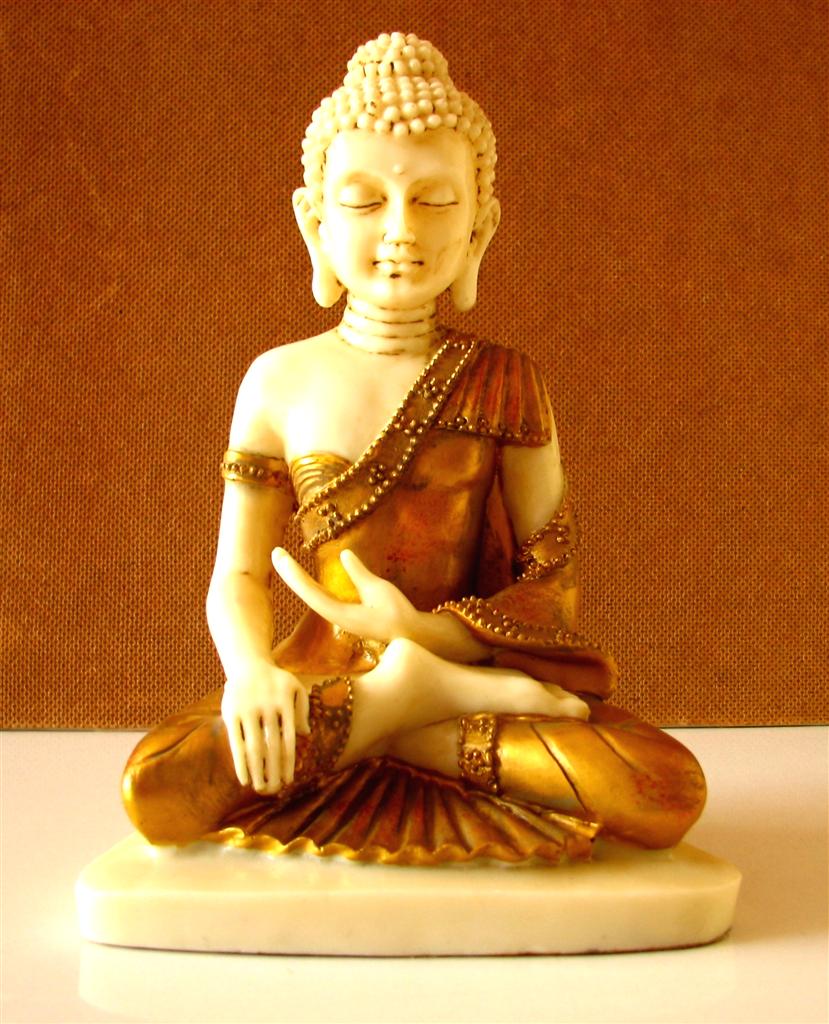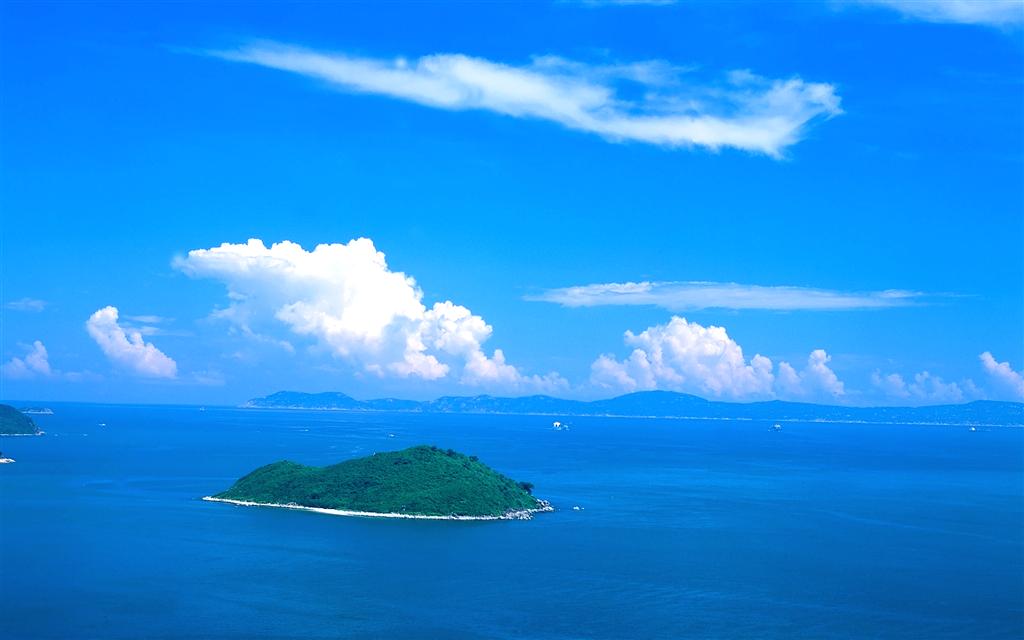| AntiJapanese protests held in Beijing Shanghai Hong Kong | |
|---|---|
| Sep 19, 2010 08:46 | |
 | from other source: Sep 18, 2010 (BBC Monitoring via COMTEX) -- Beijing/hong Kong, Sept. 18 Kyodo - Chinese activists and concerned citizens staged protests Saturday in Beijing, Shanghai and other mainland cities over Japan's control of the disputed Senkaku Islands in the East China Sea. A similar demonstration was also held in Hong Kong to demand that Japan release the captain of a Chinese fishing boat that collided with two Japanese patrol boats on Sept. 7 off the islands, administered by Japan but claimed by China and Taiwan. Holding placards that say, "Wake up the Chinese people," "Never forget 9.18," and "Get the Japanese out of the Diaoyu Islands," several dozen protesters in Beijing sang the Chinese national anthem and some trod on cloth painted with the Japanese flag in front of the Japanese Embassy. Overthrow small Japan," some protesters shouted in unison, using a derogatory term for the country. "Japanese, get out (of the islands)," was among the other slogans chanted by the protesters. Saturday marked the 79th anniversary of the Japanese bombing of a railroad track near Shenyang, the start of the Manchurian Incident that led to Japan's invasion of northeastern China. There were no injuries and no property was damaged in the demonstration, which began around 9:18 a.m. and lasted for about half an hour, before Chinese police ushered the protesters away from the street facing the embassy. A second demonstration took place in front of the embassy for 15 minutes from 12:45 p.m., and a third one occurred around 2:30 p.m. for 30 minutes, but neither of them involved violence either. |
| Sep 19, 2010 08:47 | |
 | The events were much smaller than the 2005 anti-Japan protests that turned violent in some Chinese cities. Police had been on high alert around the embassy and the Japanese consulate in Shanghai over potential violence. "We believe the Chinese people will express themselves in a rational manner," Chinese Foreign Ministry spokeswoman Jiang Yu said in a statement issued Saturday. In Hong Kong, Albert Ho, chairman of the territory's Democratic Party, urged his "compatriots not to forget the past Japanese invasion and atrocities committed during World War II" as about 300 people marched in protest to Japan's control of the Senkaku Islands, known in China as Diaoyu and in Taiwan as Tiaoyutai. "We call upon our people to understand that this Diaoyu Islands issue is also a symbol of unlawful Japanese occupation of our territory," Ho said. The protesters burned a self-made Japanese military flag and read out a petition letter to be sent to the Japanese consulate in Hong Kong after reaching the office that was closed on weekends A Chinese onlooker at the initial Beijing protest said she hopes the new Japanese Cabinet launched Friday will make a "wise political decision" to solve the latest row by releasing the Chinese ship captain, 41-year-old Zhan Qixiong. |
| Sep 19, 2010 08:48 | |
 | "I hope the two governments will find a good solution soon so as not to escalate the situation," said the onlooker, who asked not to be named. "It's a pity that this single issue is hurting bilateral relations that have been improving in recent years," she said. "There are a lot of important areas in which the two countries can and must cooperate, such as the economy, for our mutual benefit." Speaking at a news conference on Thursday, Jiang characterized Japan's "illegal" detention of the captain as the major obstacle in bilateral relations, calling for his immediate release. Japan has freed the 14 crew members and the Chinese trawler, but Zhan remains detained as Japanese authorities suspect him of deliberately causing his vessel to collide with one of the Japanese patrol boats. Japan's new foreign minister, Seiji Maehara, said Friday that Tokyo will continue to deal with the case in accordance with domestic law while seeking a "calm" response from China. To protest Japan's handling of the case, China has taken a series of countermeasures, including unilaterally suspending scheduled talks on a joint gas field development in the East China Sea and postponing a planned visit to Japan by a delegation of the National People's Congress. Beijing claims that the islands have been Chinese territory since ancient times. |
| Sep 24, 2010 22:33 | |
 | 9.18 - China's National Salvation Movement On Sep. 18 of 1931, the Japanese Invaders made up an incident on which they occupied the city of Shen Yang. And then within not more than 4 months they took over other important cities such as Changchun and Har'erbin, thus the three provinces in Northern China all falling into Japan's hands. The whole China was shocked and a nationwide salvation movement was launched to resist against Japan's invasion. On Dec. 12 of 1936, General Zhang Xueliang and General Yang Hucheng launched “Xi'an Incident” to persuade by force Jiang Jieshi, the top leader of KMT(Kuomingtang), to stop the Civil War between KMT and CPC(the Communist party of China) for the resistance against Japan's invasion. On behalf of CPC, Zhou Enlai joined the negotiation and solved the Incident peacefully. The peaceful solution of Xi'an Incident became the milestone for KMT and CPC to stop their Civil War and their union resistance against Japan's invasion. |
Last edited by COOLSPRINGS: Sep 24, 2010 22:34 |
| Sep 24, 2010 22:39 | |
 | from other source: China's undeniable sovereignty over DiaoYu Islands and Liu Qiu Islands on East China sea "According to international laws, in principle, the sovereignty of territories owned by nobody belong to those who first discover, name and administrate them." From the viewpoint of history and law, China's sovereignty over the Diaoyu Islands can be dated back to the early 15th century when the Ming Dynasty (1368-1644) reigned supreme. The local scholars are of the opinion that the Chinese discovered and named the islands much earlier than the Japanese. The name "Diaoyutai" first appeared in 1403 in the Chinese book "Shun Feng Xiang Song (Voyage with the Tail Wind)." It recorded the names of the islands that the Chinese had passed during their voyage from Fujian to Ryukyu, an independent kingdom up until its annexation by Japan during the late 19th century. In the book "Shi Liu Qiu Lu (Record of the Imperial Envoy to Ryukyu)" by Chen Kan in 1534, all the major islets of the Diaoyu Islands had been identified and named. Chen's book clearly proves the Diaoyu Islands, which were used as navigational markers during China-to-Ryukyu voyages, belonged to China and were not part of the Ryukyus. In fact, according to historical records, the Diaoyu Islands were considered as important frontiers for China's off-shore defence against "wokou" (Japanese pirates) during the Ming and Qing dynasties (1368-1911), according to He. The map of the Asian continent made during the reign of Emperor Qianlong in late 18th century, which was also the earliest and most complete map of the continent in the world at the time, unambiguously shows the islands were part of China. |
| Sep 24, 2010 22:40 | |
 | Even in 1873, Japan's official "Complete Ryukyu Islands Map" did not include the Diaoyu Islands. Japan argues that surveys of the islands, which were made by the Japanese Government through the agencies of the Okinawa Prefecture from 1885 onwards, confirm that they were uninhabited and had no trace of Chinese control. Based on that information, the Japanese authorities made a Cabinet decision on January 14, 1895 to erect a marker on the islands to formally claim sovereignty. The Okinawa Reversion Treaty is put up as further proof of their sovereignty claim over the islands. The Diaoyu Islands were included in the group of islands which the US returned to Japan in 1972 under the treaty. However, Chinese experts point out that after it annexed Ryukyu in 1879, Japan began looking to the Diaoyu Islands. In 1884, Japanese Interior Minister Yamagada Akimoto petitioned the Okinawa Prefecture to erect national markers on the Diaoyu Islands. But the then Japanese Minister of Foreign Affairs, Inouye Kaolu, replied that such an act "would attract the attention of the Ching Nation (China) " and hence they "should await (for) a more opportune time," according to Japan's Foreign Affairs Archives. It shows that Japan knew the islands were not under its rule and that they could not annex it outright, but merely bide their time. |
| Sep 24, 2010 22:40 | |
 | Japan's victory in the Sino-Japanese War (July 1894 - February 1895) spurred them on. In December 1894, Japan's interior minister again consulted the Ministry of Foreign Affairs on the case of annexing the area. The Cabinet approved the move in early 1895, three months earlier than signing of the Treaty of Shimonoseki that ceded Taiwan to Japan. Nevertheless, Japan still hesitated to publicly announce its annexation of the islands in its official publications. In fact, as Zhang noted, it was not publicized until December 1950 - 55 years later. During World War II, the Allied powers committed themselves in the Cairo Declaration of 1943 to restore to China all the territories Japan had seized from the Chinese, such as Manchuria, Taiwan and the Pescadores or Penghu Islands. This was reaffirmed in the Potsdam Proclamation of 1945. Japan later officially expressed its acceptance of the declaration in writing after it surrendered to the Allied forces. It means the sovereignty of the Diaoyu Islands, which are part of Taiwan, should have been returned to China at the end of World War II. What makes the issue complicated is that the Americans took over the Diaoyu Islands in 1945 and wrongfully returned them, along with Okinawa, to Japan instead of China in 1972 under the Japan-US Okinawa Reversion Treaty, which was signed without China's participation or recognition. Japan bases its argument largely on the treaty. The United States in 1990 reiterated that according to the 1951 San Francisco Peace Treaty with Japan, the US had only administrative authority over Okinawa, therefore the 1972 handover to Japan of the disputed islands was not legitimate. It all adds up to overwhelmingly show that Japan's persistent sovereignty claim is groundless and plainly wrong. |
| Sep 24, 2010 22:46 | |
 | Anti Japanese protest occures almost each year in SH, HK and BJ. 9.18 in Chinese National Humiliation Day. Anti Japanese protest in SH |
Last edited by COOLSPRINGS: Sep 24, 2010 22:47 |
| Sep 24, 2010 22:49 | |
 | Anti-Japanese Protest in Taiwan |
| Sep 24, 2010 22:54 | |
 | Anti Japan in HK |
| Sep 24, 2010 23:00 | |
 | Famouse Anti-Japan Song - On the Song Hua River |
Post a Reply to: AntiJapanese protests held in Beijing Shanghai Hong Kong






 Copyright © 1998-2026 All rights reserved.
Copyright © 1998-2026 All rights reserved.